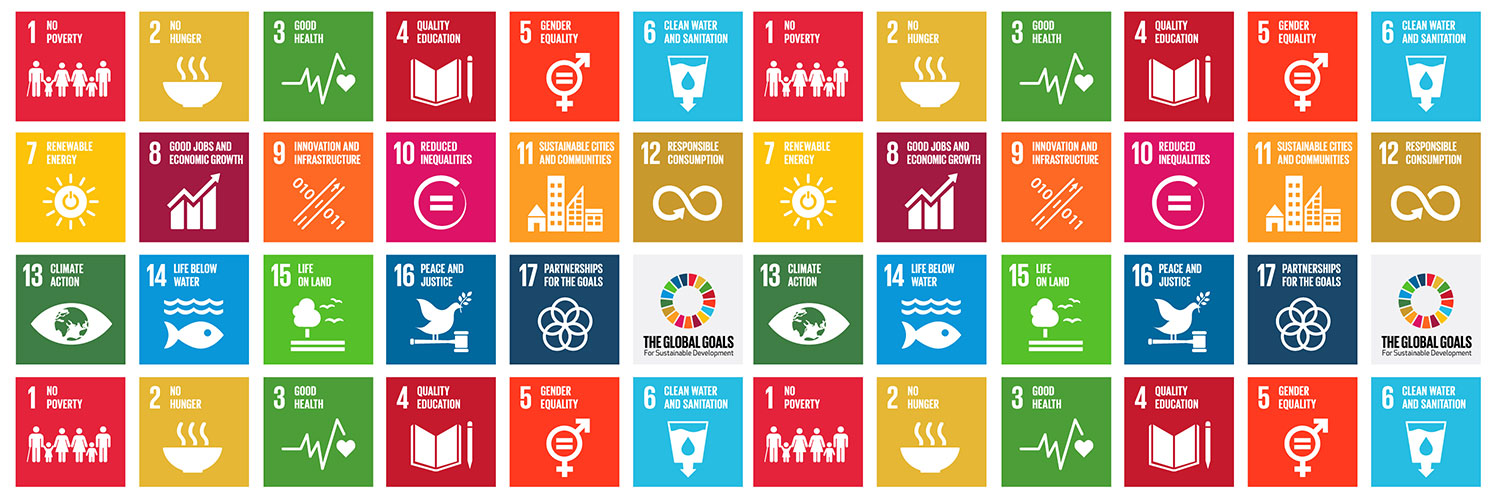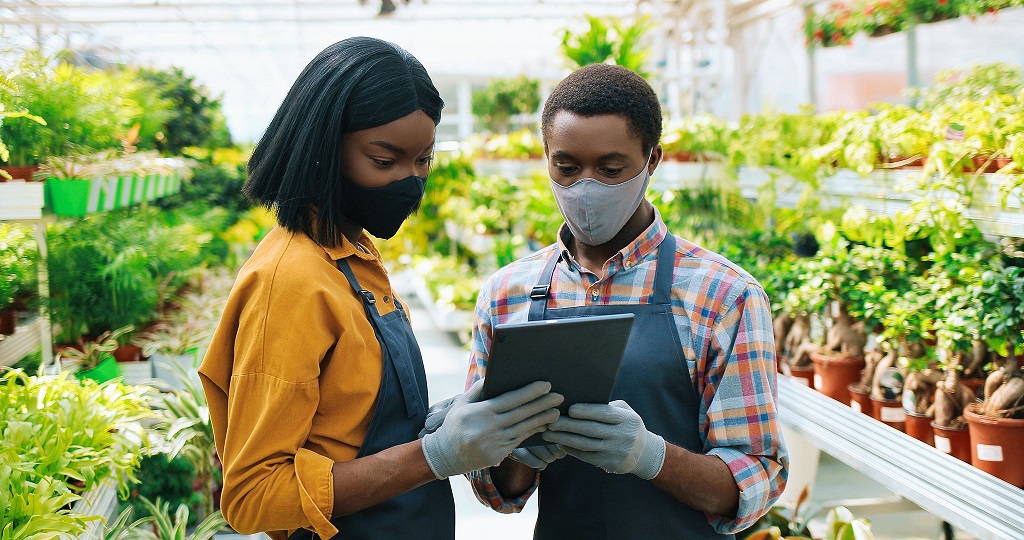This meeting was convened to shine light on the post-2015 journey towards the Sustainable Development Goals (SDGs). This interactive event brought together decision makers, scholars and evaluators from around the world. It drew the implications of the SDGs for development and evaluation by providing a neutral space for debating issues, sharing knowledge, exploring methods, forging shared objectives and identifying opportunities for partnership.
Until now official attention has been overwhelmingly focused on the selection of indicators designed to track global progress towards the SDG targets, but monitoring is not enough. In order to be useful and relevant to all partners, indicators should be grounded in a systematic evaluative process. Beyond informing the monitoring process, high quality evaluations are needed not only for public accountability but also for drawing lessons of development experience. Hence, the current preoccupation with statistical validation of progress towards the post-2015 goals, while fully justified, should not detract from the priority of evaluation capacity development and utilization.
Against this background the high level policy meeting initially focused on the key policy issues that development partnerships should be designed to address in the post-2015 era. Next, it drew the implications for the evaluation community including interactive sessions that explored the evaluation challenges that development partnerships should tackle within three countries – a developed country, an emerging market country and a low income country – as well as globally.
Further information
Funding the SDGs: does impact investing need a global marketplace? by Robert Picciotto
Blog
Evaluation and the SDGs: where do we go from here? by Chris Barnett












